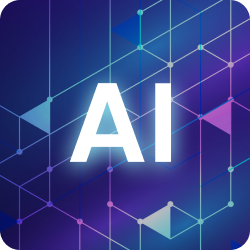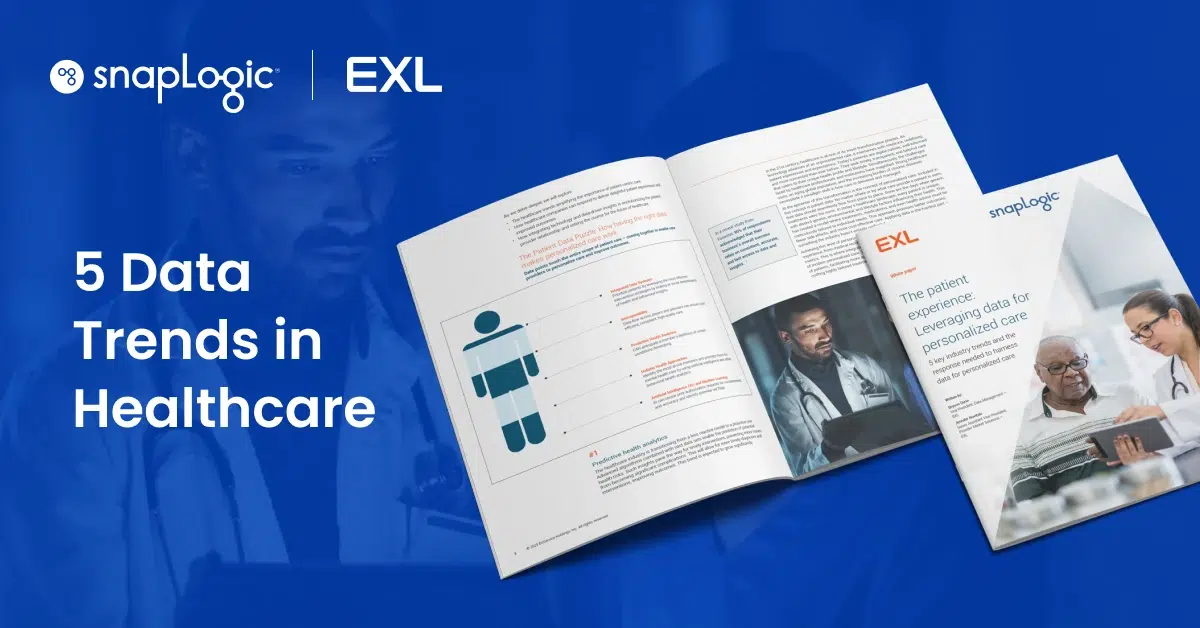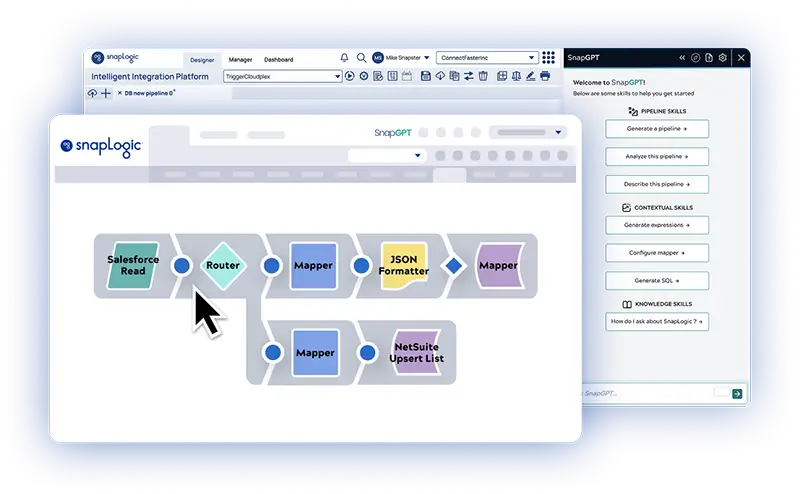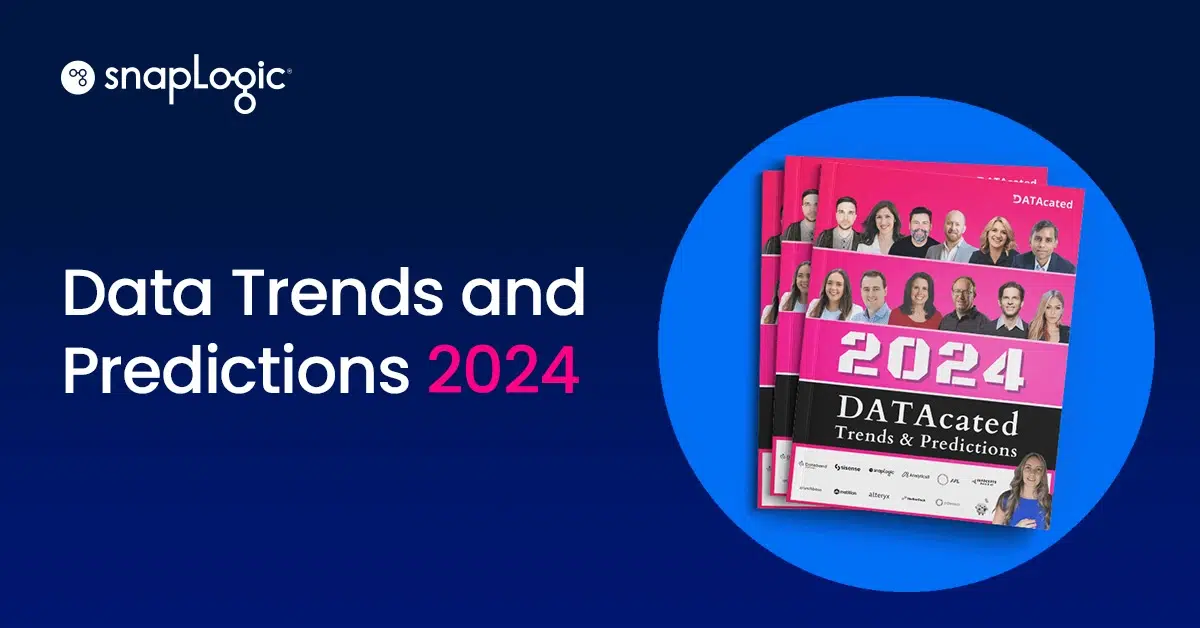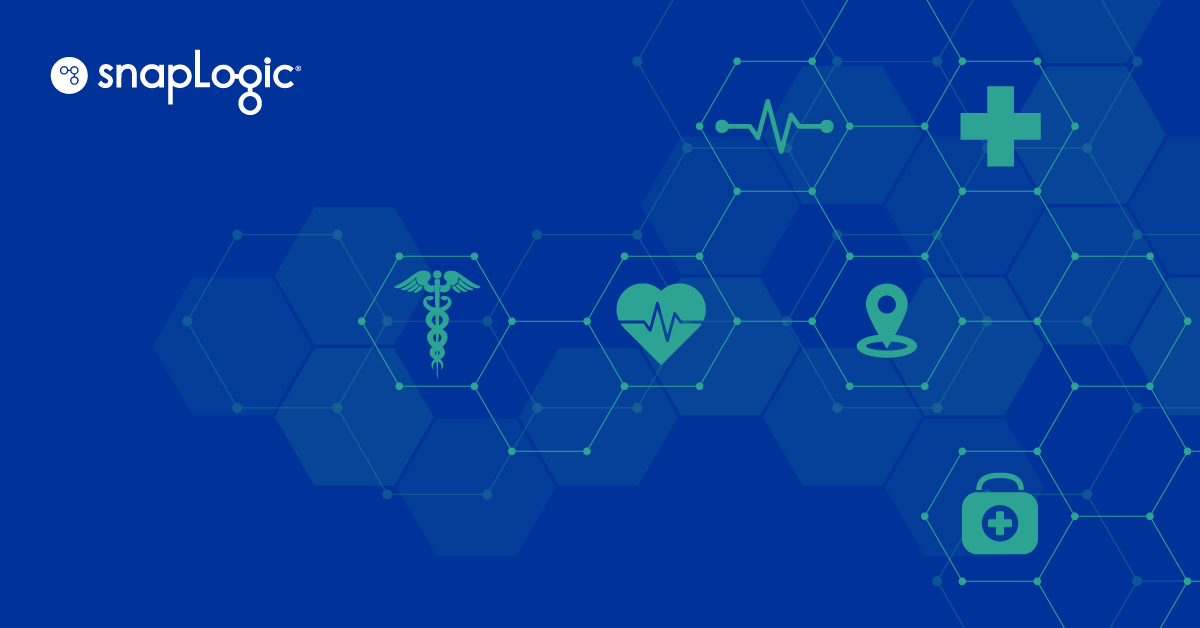Healthcare is in a period of transformation. As technology advances at an increasing rate, it intertwines with medicine, redefining patient experiences and expectations. At the epicenter of this transformation is the concept of personalized care, which is informed by patient data.
However, applying data is the hardest part – something the industry hasn’t entirely perfected yet. Achieving personalized care is no small feat. It requires profound population experience, from medical records to genetic profiles, lifestyle habits, and real-time health metrics.
This is where integrated data systems come into play, serving as the backbone of modern personalized care. These systems provide a comprehensive 360-degree view of patients, facilitating more accurate diagnoses, predicting potential health risks, and crafting highly tailored treatment plans.
We worked with EXL to identify key data trends that are helping healthcare providers harness data to focus on the patient experience.
Get the full white paper: The patient experience: Leveraging data for personalized care
1. Integrated data systems and data-driven personalization
The integration of various data sources is pivotal to modern healthcare. By merging information from wearables, electronic health records (EHRs), patient feedback, and even genomic databases, healthcare organizations can get a complete, 360-degree view of a patient. Personalization is about tailoring communications as well as care. By analyzing a vast array of data points – from a patient’s medical history to their genetic predispositions – healthcare professionals can design treatments that resonate with each patient’s unique physiological and psychological profile.
2. Interoperability
Healthcare delivery today works like an integrated cycle, with all the stakeholders working together to achieve the best health outcomes. For all stakeholders to work synergistically, information must flow seamlessly across these entities so care interventions can be given. There are countless applications to serve the individual needs of payers or providers, but the challenge comes when these applications are expected to work with each other. A lack of interoperability makes sharing and integrating data more difficult.
3. Predictive health analytics
The healthcare industry is transitioning from a less reactive model to a proactive one. Advanced algorithms combined with vast data sets enable the prediction of potential health risks. Such insights pave the way for timely interventions, preventing minor issues from becoming significant complications. This will allow for more timely diagnoses and interventions, improving outcomes.
4. Holistic health approaches
Modern healthcare recognizes proper health isn’t just physical. There’s a growing emphasis on mental, emotional, and social well-being. This has led to integrating services like mental health counseling and nutritional guidance into conventional healthcare settings. Combining this data with standardized health data makes for a 360-degree holistic view of a patient.
5. Artificial intelligence (AI) and machine learning (ML)
AI and machine learning are revolutionizing various facets of healthcare, from diagnostics to patient management. These technologies are enhancing both efficiency and accuracy in healthcare delivery. This also includes ensuring positive experiences during patient interactions. Outside of the traditional AI implementations across healthcare, there’s no doubt you’ve seen the next big thing – generative AI. Generative AI is the type of AI technology that can be used to create new content, including audio, code, images, text, simulations, and videos, using patterns it has learned by training on extensive data with machine learning (ML) techniques. It is no longer a question of whether generative AI will change the world, but how.
Next steps
Find out how healthcare organizations are responding to these trends, and learn about the tools they need to be successful in “The patient experience: Leveraging data for personalized care.”


